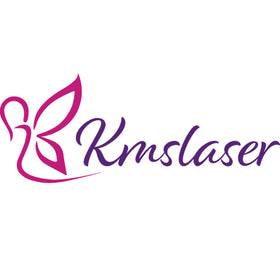The shockwave therapy machine is a new pain management tool that utilizes high-energy shockwaves to treat various chronic pain and musculoskeletal disorders. With the continuous advancement of technology, the application of shockwave therapy machines in pain management is becoming increasingly widespread, offering patients new treatment options.
The working principle of shockwave therapy machines is to stimulate the deep tissues of the human body using high-energy shockwaves, which produce mechanical stress, cavitation effects, and metabolic activation, promoting blood circulation, inflammation resolution, and tissue repair, thereby relieving pain and treating diseases. Compared with traditional drug treatment and surgical treatment, shockwave therapy machines have advantages such as non-invasiveness, painless and non-traumatic, and safety and reliability, making them a The most talked about pain management tool.
The application range of shockwave therapy machines is very extensive. They can be used to treat various chronic pain and musculoskeletal disorders, such as neck and shoulder pain, low back pain, knee pain, and plantar fasciitis. Through targeted shockwave therapy, patients can effectively relieve pain symptoms, improve joint function and quality of life. Additionally, shockwave therapy machines can also be used to treat certain soft tissue injuries and bone non-union diseases.
When using a shockwave therapy machine for treatment, patients need to undergo professional evaluation and guidance from a doctor. The doctor will develop an individualized treatment plan based on the patient's specific condition, including shockwave frequency, intensity, treatment sessions, and interval time. Patients need to remain relaxed during treatment and follow the doctor's instructions for operation.
Although shockwave therapy machines have broad application prospects in pain management, not everyone is suitable for receiving this treatment. Pregnant women, children, and patients with implanted metal or silicone materials are not suitable for shockwave therapy. Additionally, some severe chronic diseases or acute inflammation may affect the efficacy and safety of shockwave therapy. Therefore, patients need to consult with a professional doctor for advice and undergo comprehensive physical examination before receiving shockwave therapy.
In conclusion, shockwave therapy machines are a new pain management tool with widespread application prospects and advantages. Through professional evaluation and guidance, patients can benefit from this non-invasive and safe treatment method, relieve pain and improve their quality of life.

